
Concordia Seminary Newsroom
Providing ‘Service Beyond Expectations’
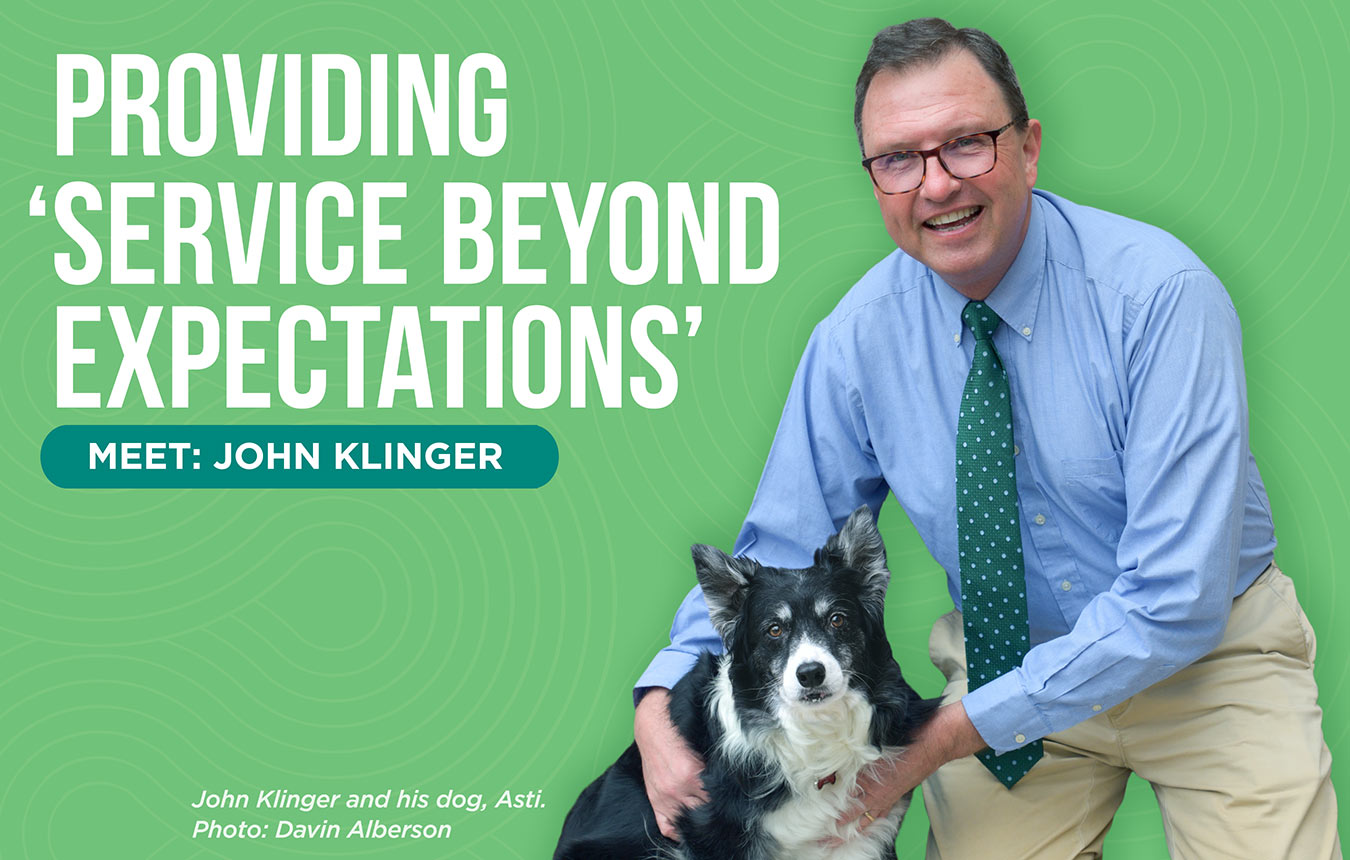
by Sarah Maney
A sign hangs above John Klinger’s office door that reads, “Service beyond expectations.”
As Concordia Seminary’s Chief Information Officer, he takes those words to heart. “I expect everybody who works with me to give their best service possible,” Klinger says.
He started working for the Seminary in 2007 and his first order of business was to rid the campus of overpriced administrative software. “It was like driving the space shuttle to the grocery store. Overkill,” he explains.

Klinger led the charge on getting the Seminary a more cost-effective hybrid blended software system, a project he also initiated while previously serving at Concordia Theological Seminary, Fort Wayne, Ind. (CTSFW).
“I started the project in Fort Wayne, and then I came here, led the project and brought a conclusion here,” he said. “It’s been a win-win. We now have Raiser’s Edge for Seminary Advancement.
We have Power Campus for Enrollment. We just added Slate for the recruitment side of things. All of these products work together on the back end so that we can connect them.”
Campus technology, Klinger says, should be ubiquitous — usable wherever you are, on any device — computer, tablet, phone. “Nobody needs to know what’s going on behind the scenes. It just has to work. It’s kind of like driving your car. You don’t need to know how an internal combustion engine works. You just want to drive it.”
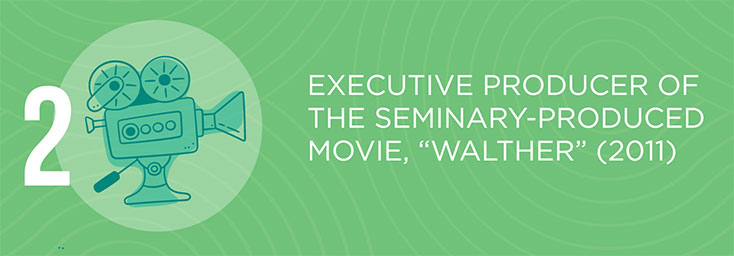
This concept of ubiquitous technology was especially important during the COVID-19 pandemic. Similar to other institutions of higher education, the Seminary faced daunting challenges that came with educating a student body in the midst of a pandemic.
It was a new problem that required innovative solutions.
When the COVID shutdown began in March 2020, Klinger and his team provided every employee and some students with a laptop within a two-week span of time so they could work and study from home. This was crucial to keep the Seminary operating through the pandemic.
“We had some laptops and we had purchased some more. We ordered them early because if we would have waited another six weeks, we would not have received a new thing tech-wise. Everything was on backorder,” he remembers.
While everyone worked, taught or attended class from home, a small cadre of Klinger’s department, known as Technology Services, stayed at the Seminary throughout the shelter-in-place time period to keep everything up and running smoothly. Technology Services ensured that everyone working from home was using a Virtual Private Network (VPN) to securely connect to Seminary servers and protect information.
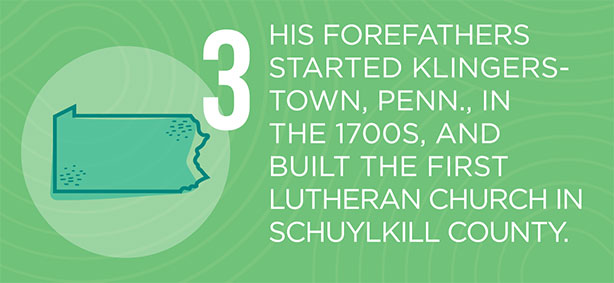
Keeping the campus connected and safe, and using technology in the best way possible are Klinger’s priorities. At times, they even keep him up at night. But the Word of God brings him peace. “Psalm 46:10 says, ‘Be still, and know that I am God.’ That’s what always settles and centers me,” he says. “Because you have to stop. You have to listen to God.”
Working at the Seminary is near and dear to Klinger’s heart. A lifelong Lutheran, Klinger once considered becoming a pastor. He took classes at both seminaries while working in their technology departments. Before working at either seminary, he taught high school physics and chemistry. “Teaching rhymes with preaching, and I thought it would be a great combination,” he says.
But the sheer number of hours spent working created tension. Should he pursue pastoral ministry or should he work full-time in technology?
“We were so busy in Technology Services at the Seminary that there was just no way I could study the way I needed to and also do what I need to do in my job,” he says. Klinger didn’t become a pastor, but through his work in technology, he has ensured that seminarians have the right tools needed for the classroom so that they can prepare for ministry.
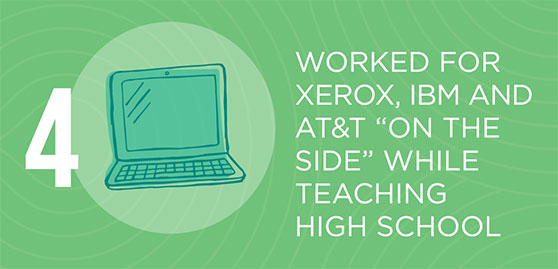
A major yearly project for Klinger and his team is providing students with access to Logos Bible Software. This software gives students access to a substantial online library, including language study tools and resources for research that helps them thrive now and in their future ministry. Once seminarians receive access to Logos, they can continue to use the tool, which is described as a “powerful Bible study and sermon prep platform.”
“Our students are getting so many resources with Logos,” Klinger says. “We would be lost without that program.”
There’s never a shortage of technology needs at the Seminary. “Now that the chapel has new stained glass windows, we are working to improve the audio and the video. We’ve already upgraded Werner Auditorium with surround sound and better audio. The classrooms and the dorms received a Wi-Fi upgrade after students returned to in-person learning,” Klinger says. The list goes on and on.
Throughout the years, Klinger has found other ways to be involved at the Seminary, too. He was the executive producer of the Concordia Seminary film, “Walther” (2011). He also is a self-taught carillonneur and regularly plays the carillon at the Seminary.
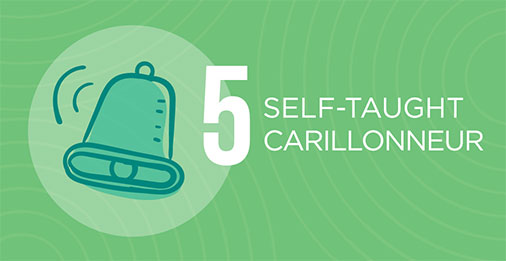
He shares his office with his beloved dog, Asti, a feral dog rescued in Southern Illinois wine country that also is a licensed therapy dog. When he’s not working at the Seminary, Klinger frequently takes Asti to nursing homes where residents are often amazed to watch the dog’s many tricks. Klinger and Asti can be seen walking together through Sieck Hall, where his office is located.
Klinger calls his department the “intersection of theology and technology, because that’s where they meet.” Every day, he and his crew strive to provide students, staff and faculty service beyond expectations. “I’m only as good as my team,” Klinger says. “And we’ve built a great tech team.”
Sarah Maney is a communications specialist at Concordia Seminary, St. Louis.